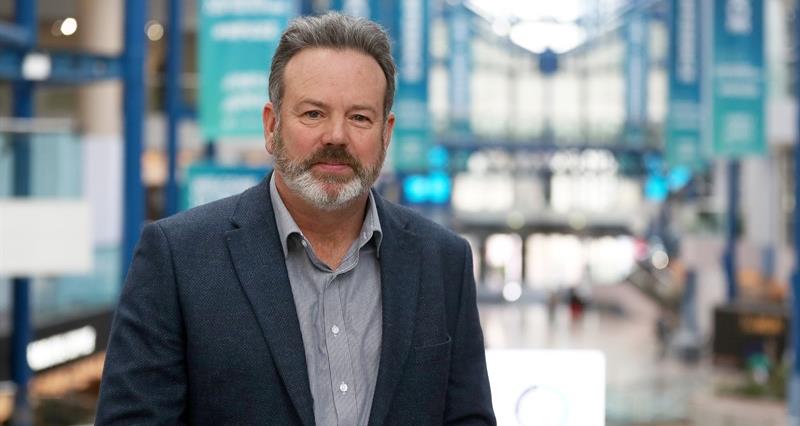Richard presented at an event called ‘Next steps for biodiversity and wildlife protection in England’. His address to the forum focused on the crucial role of ELMs in enhancing farming practices and conserving the environment.
The crucial role of ELMs
Richard opened his address by highlighting crucial role that ELMs (Environmental Land Management schemes) play in enhancing farming practices and conserving the environment.
He noted that while many farmers are doing their best to incorporate ELMs, there are some concerns surrounding the scheme's complexity. Farmers have expressed concerns about how the scheme will work and these challenges have led to uncertainty about the effectiveness of ELMs. Despite these challenges, Richard remains optimistic that ELMs can incentivise farmers to adopt more sustainable practices.
Moving forward, Richard anticipates that the additional options available in the coming months will make ELMs more accessible and effective in achieving its goals. Nonetheless, he acknowledges that more work needs to be done to ensure that the scheme is accessible and addresses the challenges that the farming industry is facing.
On funding
Richard explained to the forum that farmers are hesitant to do more without clear funding plans, pointing out that the RPA and Defra need to adapt and offer schemes that are less rigid.
He discussed the need to reform the support around grants and infrastructure, including the need for a quicker process for planning permission where environmental benefits are achieved.
He emphasised that good take-up of payments will be needed for the government to achieve their targets, and questioned whether the current payment model is technically a payment for public goods or just replacing income foregone, so more a compensation payment rather than an incentive.
Richard also called for more clarity on how public and private money will work together, and the need to break the private element of finance.
Collective responsibility
Richard noted that while the sentiment around the EIP (Environmental Improvement Plan) and the 25YEP (25 Year Environment Plan) is positive, he questioned whether big enough decisions are being taken.
He pointed out that widespread change is needed, despite the current focus being on the farm level. Richard expressed that this change requires a collective effort and will involve changing habits and behaviour, with expectations around seasonality of foods being an example.
Richard also stressed the importance of informing the debate as we face the challenge of multiple demands on our finite and heavily burdened rural environment.
Valuing the work farmers do
Richard believes there is a need to properly value produce and the whole process behind its production. He suggests finding a way to encapsulate the value of producing food in a particular way so that farmers can receive proper recognition for their work.
Additionally, he mentions that there are parts of farms which aren't in production, but can still provide public benefit, and that recognition for these areas is also important.
